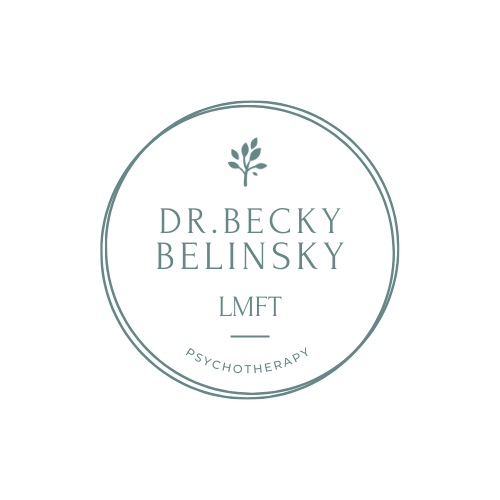Navigating the Therapeutic Landscape: In-Person versus Virtual Therapy
In recent years, the field of mental health has undergone a transformative shift, embracing technology to make therapy more accessible than ever. The traditional model of in-person psychotherapy has found a formidable counterpart in virtual therapy, challenging the notion that effective therapeutic interventions must occur within the confines of a physical office. In this blog post, we'll explore the nuances and considerations surrounding in-person and virtual psychotherapy, shedding light on the pros and cons of each approach.
Virtual Psychotherapy: Telehealth
The advent of virtual psychotherapy, facilitated by video conferencing platforms, has democratized access to mental health care. This mode of therapy offers convenience, allowing individuals to engage in sessions from the comfort of their homes, reducing geographical barriers and making therapy accessible to those in remote areas or with mobility issues.
Pros of Virtual Psychotherapy:
1. Accessibility: Virtual therapy makes it easier for individuals to seek help without the need to commute to a physical office. This is particularly beneficial for those with busy schedules, physical disabilities, or living in rural areas.
2. Comfort and Familiarity: Clients often report feeling more at ease in their familiar environments, leading to increased comfort and openness during virtual sessions.
3. Flexible Scheduling: Virtual therapy allows for more flexible scheduling, accommodating clients who may have different working hours or being able to fit therapy in between the other things you have to do that day.
Challenges of Virtual Psychotherapy:
1. Technological Hurdles: Technical issues such as poor internet connection or device malfunctions can disrupt the flow of therapy and hinder effective communication.
2. Lack of Non-Verbal Cues: Some clients and therapists find that the absence of in-person, non-verbal cues (body language, facial expressions) can be a limitation, potentially impacting the depth of connection and understanding.
3. Lack of Privacy: Sometimes clients are unable to have a completely private space, and this may be a hinderance to sharing honestly in therapy.
In-Person Psychotherapy: A Time-Tested Approach:
Traditional in-person psychotherapy has long been the gold standard for mental health treatment, offering a tangible and intimate connection between therapist and client.
Pros of In-Person Psychotherapy:
1. Non-Verbal Communication: In-person sessions allow therapists to observe and respond to a client's non-verbal cues, enhancing the depth of understanding and connection.
2. Establishing a Safe Space: The physical office provides a dedicated, confidential space for clients to explore their thoughts and feelings without external distractions.
3. Tactile Presence: For some, the tangible presence of a therapist in the same physical space can be reassuring and grounding.
Challenges of In-Person Psychotherapy:
1. Geographical Constraints: Clients may face challenges in accessing therapy due to the location of the therapist's office, potentially limiting options for those in remote areas.
2. Time and Travel Commitments: In-person therapy requires additional time and effort for commuting, which may pose a barrier for individuals with busy schedules or mobility issues.
Conclusion:
The choice between in-person and virtual psychotherapy ultimately depends on individual preferences, needs, and circumstances. Some may thrive in the face-to-face setting of traditional therapy, while others may find the convenience and accessibility of virtual sessions more appealing. As the mental health landscape continues to evolve, therapists and clients alike have the opportunity to embrace diverse modalities, combining the best elements of both in-person and virtual psychotherapy to create a more inclusive and effective approach to mental health care. I am currently offering both in-person and virtual therapy, and would be happy to support you on your journey in whatever modality feels right. If you aren’t sure, we can talk through the pros and cons of each for your particular situation and experiment or do a hybrid model. You can call me at (424) 231-5877 or send me a note here.
